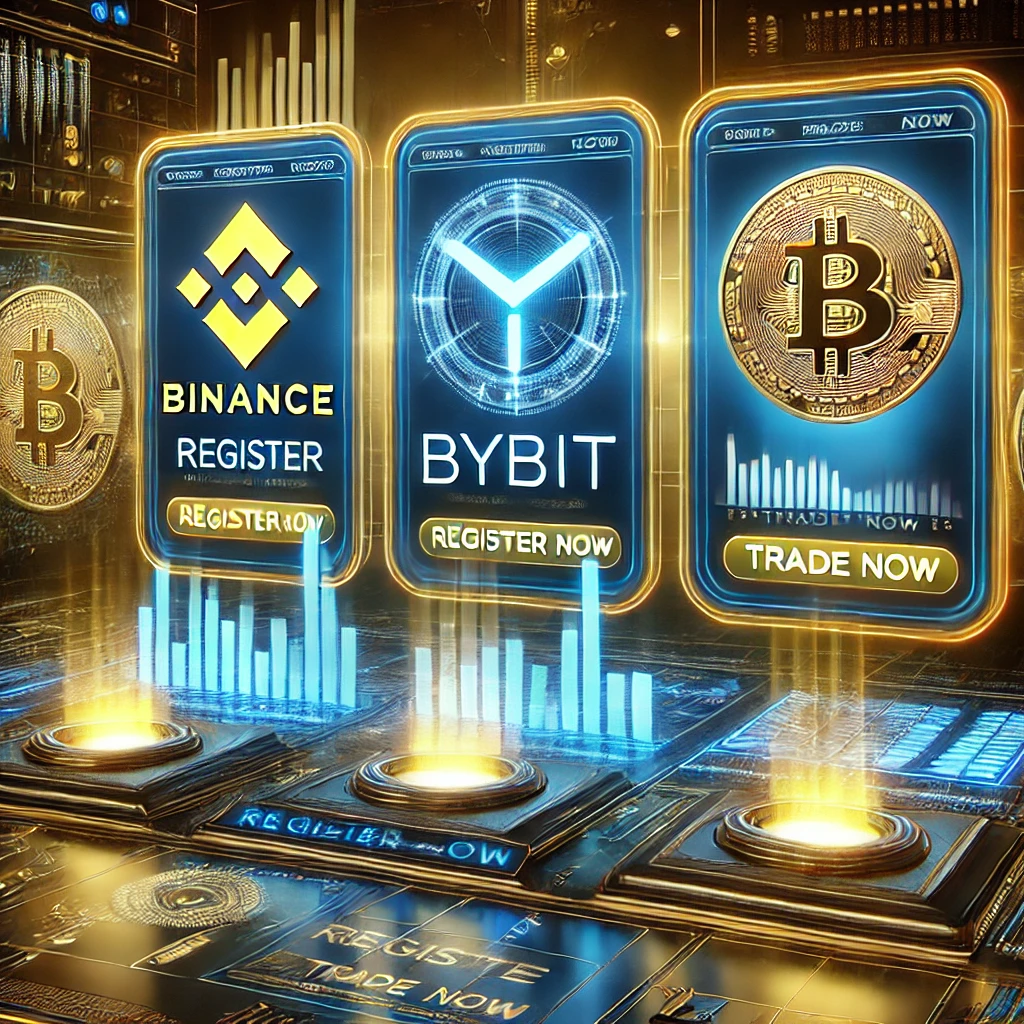Cardano (ADA) is a blockchain platform that aims to provide a secure and scalable environment for the development of decentralized applications (DApps) and smart contracts. With the introduction of smart contract functionality in the Goguen phase, Cardano has positioned itself as a competitive player in the blockchain ecosystem. Here’s an overview of Cardano’s smart contract capabilities and potential applications.
1. Smart Contract Capabilities on Cardano
- Plutus Platform: Cardano’s smart contracts are built using a programming language called Plutus, which is based on Haskell. Plutus allows developers to write robust and secure smart contracts while benefiting from functional programming principles.
- Extended UTXO Model (EUTXO): Cardano utilizes an extended unspent transaction output (EUTXO) model, which enhances the way smart contracts interact with transactions. This model allows for greater flexibility in developing complex contracts and improving security by reducing the risk of common vulnerabilities.
- Formal Verification: One of the key advantages of using Plutus is the ability to formally verify smart contracts. This means developers can mathematically prove that their contracts will behave as intended, reducing the likelihood of bugs and vulnerabilities.
- User-Friendly Development Tools: Cardano provides various tools and libraries to facilitate smart contract development, including the Plutus Playground, which allows developers to experiment with writing and testing contracts in a browser-based environment.
2. Applications of Smart Contracts on Cardano
- Decentralized Finance (DeFi): Smart contracts on Cardano enable the creation of DeFi applications, such as decentralized exchanges (DEXs), lending and borrowing platforms, and liquidity pools. These applications allow users to trade assets, earn interest, and engage in various financial activities without intermediaries.
- NFT Marketplaces: Cardano’s smart contract functionality supports the creation and trading of non-fungible tokens (NFTs). Developers can build NFT marketplaces where users can mint, buy, and sell unique digital assets, from art to virtual real estate.
- Identity Verification: Smart contracts can facilitate secure identity verification processes on the Cardano blockchain. This application can be particularly valuable in sectors such as finance, healthcare, and government, where identity security is crucial.
- Supply Chain Management: Smart contracts can enhance transparency and traceability in supply chains by recording each step of the process on the blockchain. This allows stakeholders to verify the authenticity and origin of products, reducing fraud and increasing efficiency.
- Gaming Applications: The gaming industry can benefit from Cardano’s smart contracts by enabling play-to-earn models, in-game asset ownership, and decentralized gaming experiences. Smart contracts can govern the rules and interactions within games, providing a more engaging experience for players.
- Governance Solutions: Cardano’s smart contracts can be used to create decentralized governance systems, allowing stakeholders to vote on proposals and make collective decisions regarding the future of projects or the network itself.
3. Future Potential
As Cardano continues to develop and enhance its smart contract capabilities, the potential applications are vast. The platform’s focus on security, scalability, and formal verification positions it as a strong contender in the blockchain space.
- Community Development: The Cardano community is actively engaged in building and deploying smart contracts, contributing to a diverse ecosystem of applications. The growth of the developer community will likely lead to innovative use cases and solutions.
- Interoperability: Cardano aims to facilitate interoperability with other blockchains, enabling seamless interactions between different networks. This could enhance the functionality of smart contracts and broaden their use cases.
Conclusion
Cardano’s introduction of smart contract functionality through the Plutus platform marks a significant milestone in its development. With its unique programming model, formal verification capabilities, and focus on security, Cardano is well-positioned to support a wide range of applications, from DeFi to NFTs and beyond.
As the Cardano ecosystem continues to grow, developers and users alike can explore the exciting possibilities of smart contracts on this innovative blockchain platform. If you’re interested in exploring Cardano and its potential, consider signing up on Binance to access its features and offerings. Embrace the potential of Cardano and the exciting world of cryptocurrencies!

